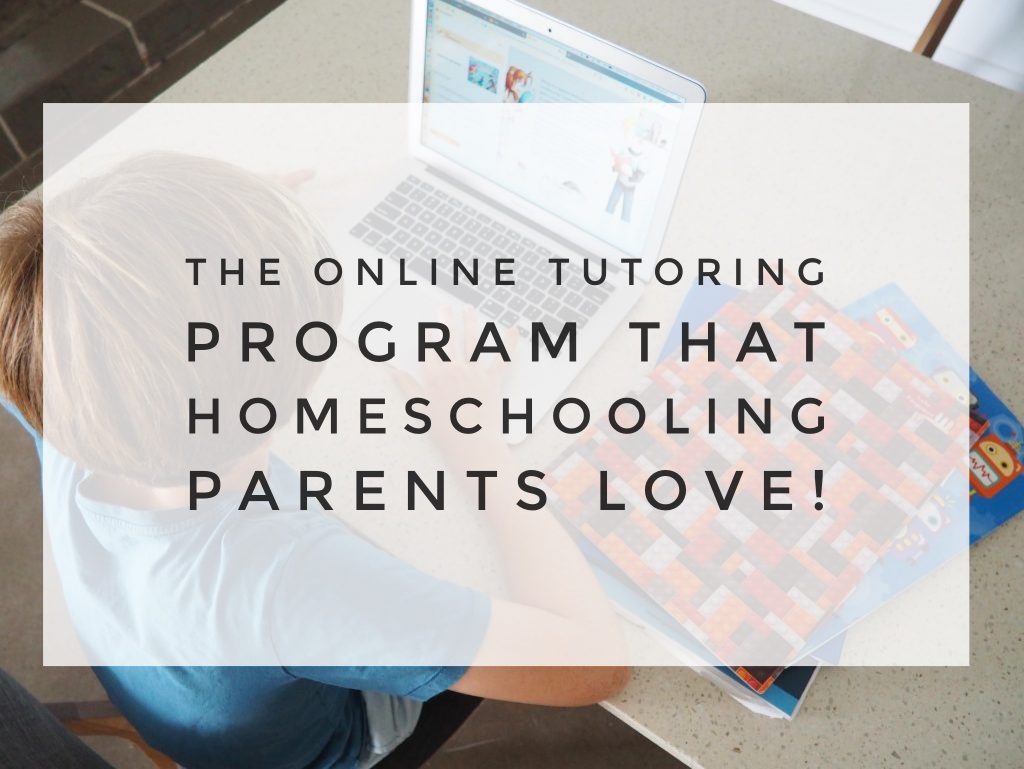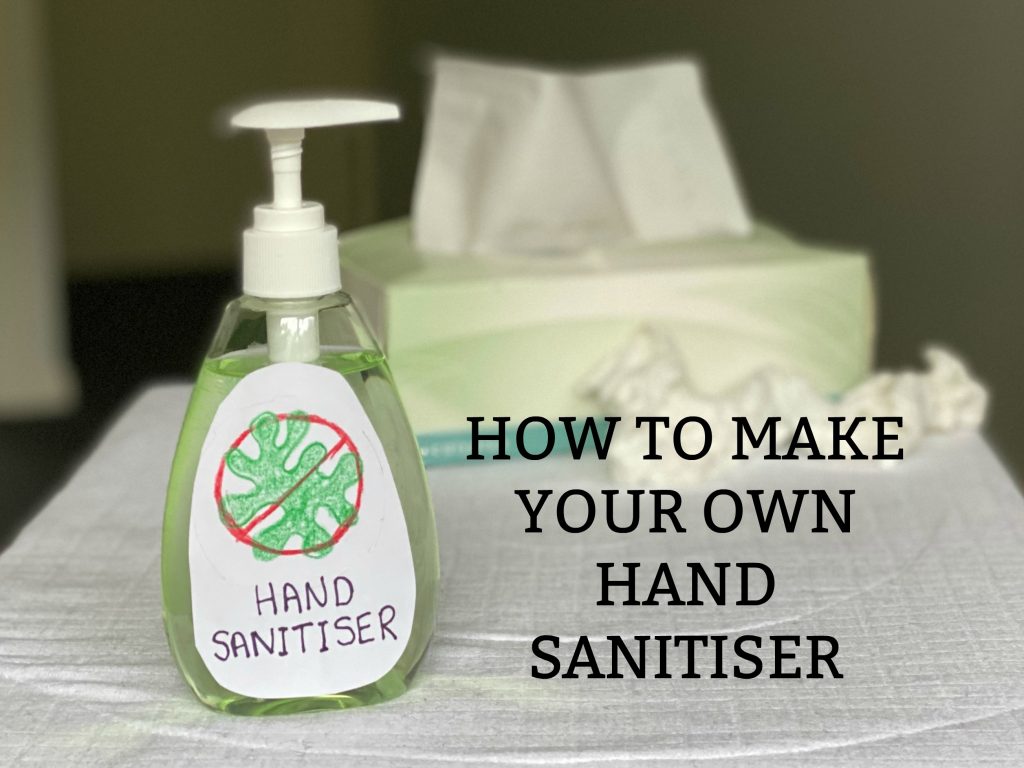
If you’re like us, then you’re a little worried about the current coronavirus situation. Some of us are very worried. This worry is handed down to our children who often struggle to understand what is going on. We’ve searched the web and found some great tips on how to combat this.
Pay extra attention to your child’s needs
It is perfectly normal for children to have questions about events that are covered in the media,
such as the information currently being distributed about Coronavirus.
There is a common misconception that talking with children and young people about a topic
such as Coronavirus may increase their anxiety. However, research suggests that it usually has
the opposite effect. For children, not having information is scary, and many children will fill in the
blanks with their own imagination – often imagining something far worse than the truth. For older
children, they may take to the internet for their answers, which can sometimes become
overwhelming or misleading.
Responding to questions
If a child brings up Coronavirus or asks questions, it is important to acknowledge how they may
be feeling and to answer questions as honestly as possible. This will help them feel informed
and understand what is happening. It is important to emphasise that even though the number of
people with the virus in Australia is increasing, the majority of people who contract the virus will
either not get sick at all, or will get mild symptoms from which they will recover easily. Only a
small majority of people may become very ill.
It is important for children to understand that we are lucky to live in a country where students will
be able to access immediate and high quality medical attention. Also, it is important children
understand the low risk of serious illness for people their age who are in good health.
Encourage children to engage in things that help them to feel better.
Here are some pointers for how parents and carers can have a calm conversation with children
and young people about Coronavirus and try to ensure that any concerns around the situation is
kept at bay.
1. Be aware of your own behaviour.
It’s important that adults understand the effect their own behaviour can have on children. If
you’re visibly upset or react in a way that suggests you’re fearful, children will take their cues
from you. Remain calm in your conversations with children and young people, and reassure
them that there is no cause for alarm.
2. Tell children the facts.
Scary headlines attract attention and help sell newspapers but they don’t always tell the
whole truth. Ensuring you’re armed with facts will help keep conversations calm, considered,
and constructive. Some key facts are:
– There is still a relatively small number of confirmed cases of the Coronavirus in
Australia.
– The majority of people who contract the Coronavirus will have no symptoms or only mild
symptoms, from which they will recover easily. Sharing this information should help reassure children that the immediate risk of serious illness or death to themselves, their
friends, or their family is low.
Sharing this information should help reassure children that there is no immediate risk to
themselves, their friends, or their family.
3. Explain what efforts are being made to contain the virus.
Authorities are responding quickly. Travel in and out of the most affected areas has been
restricted, and scientists are working to develop a vaccine. In Australia, the government is
carefully monitoring and actively managing the situation. Children should be confident any
confirmed cases will be treated quickly in our world class hospitals.
4. Finally, offer practical advice.
For the time being the easiest way to reduce the risk of being affected by viruses of any sort
(including the common cold) is to cover your nose and mouth when you cough or sneeze
(coughing into your elbow is a useful strategy), keep hands clean by washing them regularly
with soap and water or an alcohol-based rub, and avoid touching the eyes, nose, and
mouth. If you do become unwell, advice is to avoid contact with others (touching, kissing,
hugging etc.). These are easy habits for children to adopt, and should help them feel as
though they’re able to exert some control over their circumstances.
Communication is important
It is important that the lines of communication with children be kept open at all times. Children
and young people need to feel informed and safe, especially when they hear so much
information in the media.
Discussing the Coronavirus situation openly with children will provide the opportunity to reassure
them that they are safe and dispel any false information they may have heard in the media or
through rumours.
Available supports
Schools make a number of staff available to provide extra support to students who may be
anxious and to provide information and advice to parents and carers. If you are concerned about
your child’s wellbeing, you can contact their school to ask what additional support might be
available.
Support is also available through a number of Queensland Government agencies and
community organisations. Parents and carers can:
call 13Health (13 43 25 84) at any time for practical medical advice and assistance
review Queensland Health’s coronavirus fact sheet for the latest information and advice
review headspace’s tips for a healthy headspace for friends and family, or contact headspace
for professional support
contact Lifeline Australia’s telephone counselling service on 13 11 14 for information, referral
and advice
obtain help and information from the local General Practitioner or Community Health Centre
We really hope you found this information useful and can ease a bit of the stress around your home at this time! Whilst you’re here, you might want to check out our DIY Hand Sanitiser that you can make at home (it’s very difficult to find any in the stores right now). You can check that out here.
And if you’re concerned about homeschooling your kids – check this program out!






